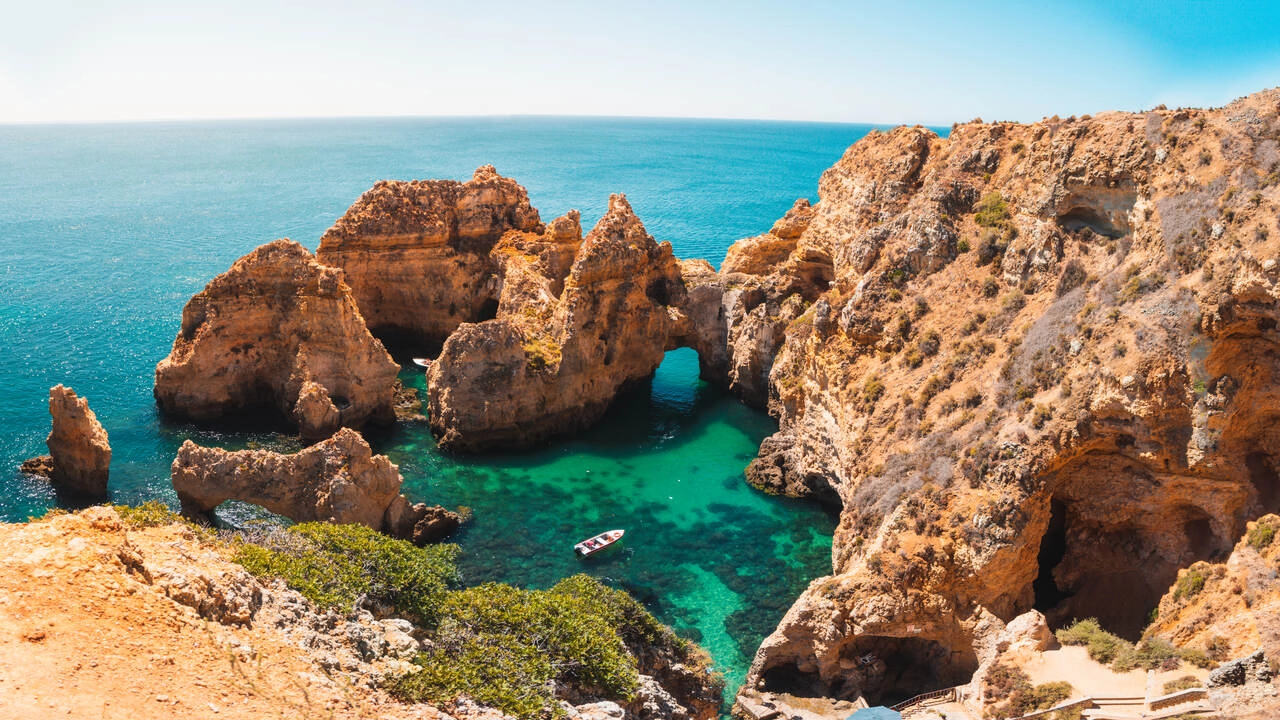Portugal, with its lush landscapes, stunning beaches, and rich cultural heritage, is one of the most charming tourist destinations in Europe. However, beyond providing incredible experiences for visitors, it is crucial that tourism in Portugal is sustainable, preserving the country's natural beauty for future generations. In this article, we will explore the importance of sustainable tourism in Portugal and how travelers play a vital role in this process.
The Fragility of Nature: Portugal boasts remarkable biodiversity, with ecosystems ranging from the lush forests of Peneda-Gerês National Park to the coastal dunes of Ria Formosa Natural Park. These environments are fragile and susceptible to damage from unsustainable human activities, such as unregulated construction and overexploitation.
Conservation and Preservation: Sustainable tourism in Portugal places conservation and preservation at the forefront of its priorities. Many natural parks and protected reserves have been established to safeguard unique ecosystems and the wildlife inhabiting them. Travelers are encouraged to respect these areas, follow designated trails, and not disturb the local flora and fauna.
Responsible Ecotourism: Responsible ecotourism is an integral part of sustainable tourism in Portugal. Visitors have the opportunity to explore untouched natural areas, engage in eco-friendly activities such as birdwatching and ecological trails, promoting appreciation and understanding of local ecosystems. Tourism companies adopting sustainable practices are crucial to ensuring that these experiences are carried out with minimal environmental impact.
Reduction of Resource Consumption: Sustainable tourism also focuses on reducing the consumption of natural resources, such as water and energy. Hotels and accommodations in Portugal are implementing energy-efficient measures and encouraging guests to adopt eco-friendly practices, such as reusing towels and reducing waste.
Promotion of Local Culture: Sustainable tourism in Portugal values authenticity and local culture. Travelers are encouraged to interact with local communities, support small businesses, and learn about the traditions and customs of the region they are visiting. This approach not only enriches the visitor's experience but also contributes to the economic development of less urbanized areas.
Conclusion: Preserving Portugal's natural beauty for future generations is a shared responsibility among governments, businesses, and travelers. Sustainable tourism plays a crucial role in this effort, ensuring that the country's natural and cultural wonders are appreciated with respect and responsibility. By choosing to travel sustainably and supporting businesses committed to responsible practices, visitors can help protect Portugal's heritage, allowing future generations to continue marveling at the beauty of this incredible country. Sustainable tourism is not just a wise choice but also a commitment to preserving our common heritage.







